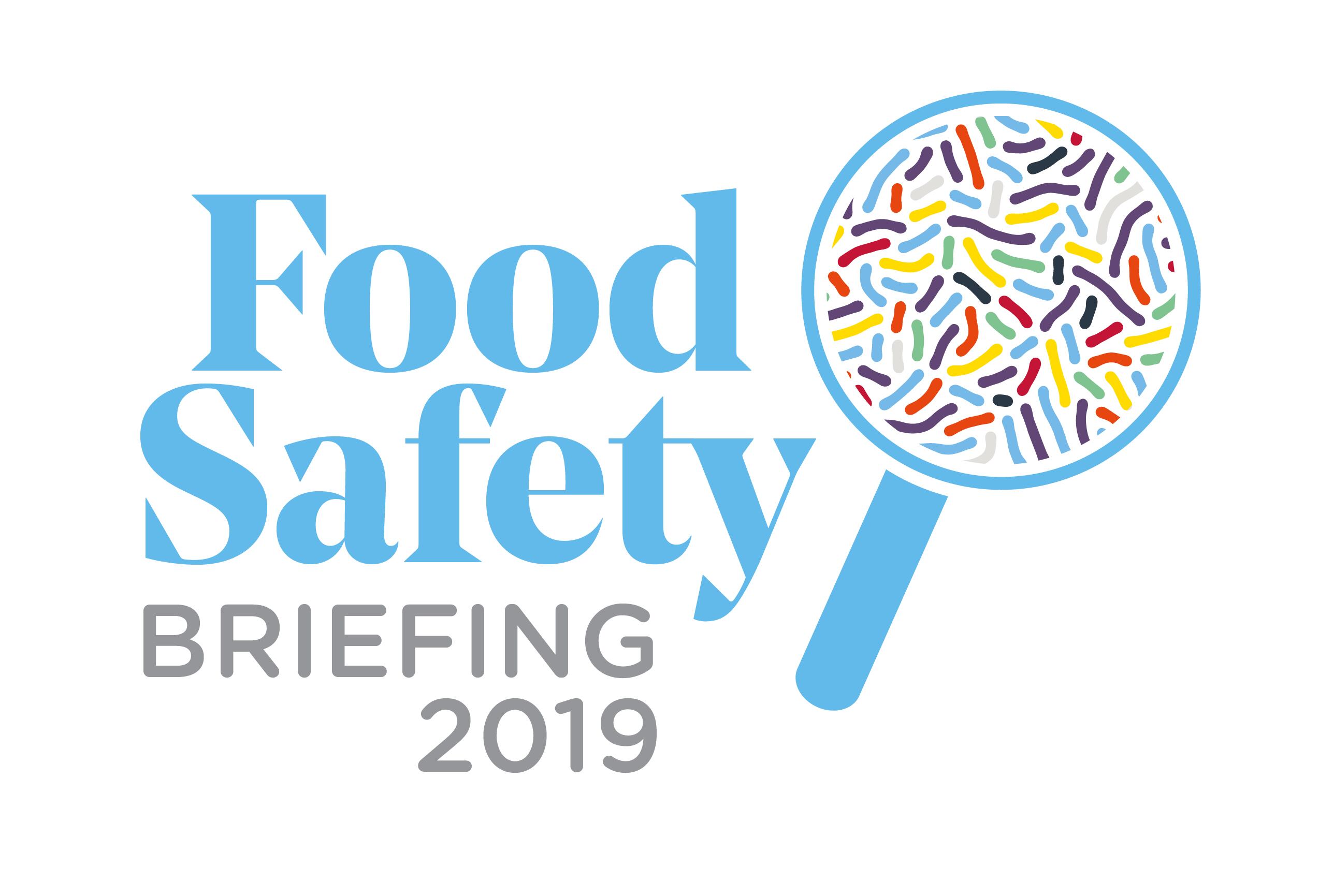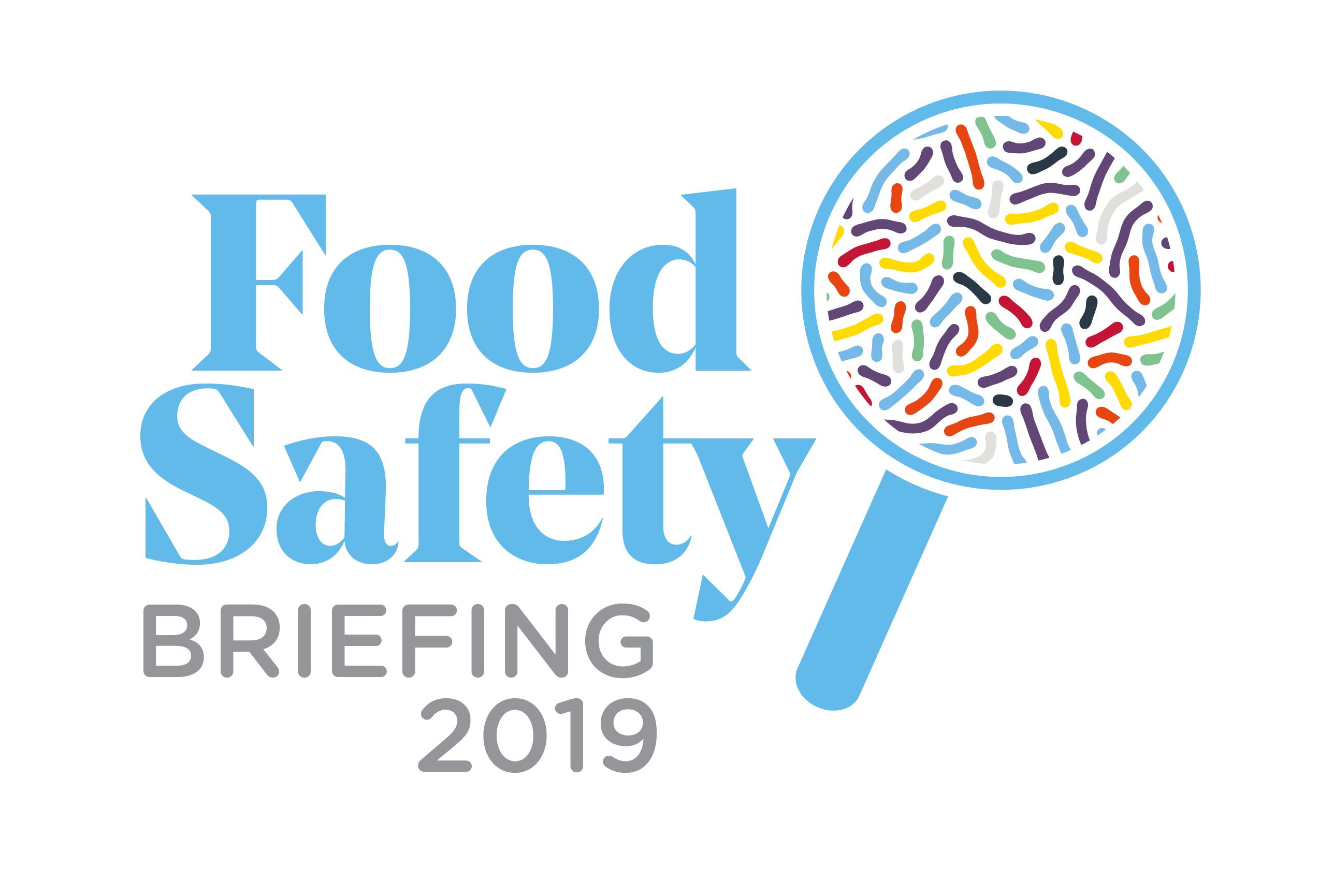Whether business insurance is a vital lifeline or just another extra budgetary cost to fret about often depends on whether or not you have fallen victim to an event that a policy would cover.
In summer 2017, for example, Mondelēz International was hit by the NotPetya computer virus, which rendered 1,700 servers and 24,000 employees’ laptops inoperative. Fortunately, it had cover for such an eventuality through insurance firm Zurich and was set to receive millions of dollars in compensation from the company.
Unfortunately, it is now embroiled in a complex legal case to secure $100m in damages as a result of Zurich refusing to pay out because of fine print in the paperwork.
Legal experts and insurers say such a refusal is rare, but it shows the wider gamble facing companies contemplating the nature of their insurance cover. So, what are the current trends and challenges food and drink firms making such decisions need to consider?
Cyber insurance
David Tate, retail, food and beverage practice leader, UK & Ireland at insurance broker Marsh says: “We’re having lots of conversations with clients around cyber insurance. Food manufacturing is different to many industries in that the focus isn’t really around data breach – the GDPR regulations – the focus is on non-damaged business interruption.”
That relates to a business suffering a hack or software code release that damages lines or prevents them from operating.
“These things can go out into the supply chain as well, so if a supplier [to a manufacturer] causes a cyber incident, there’s protection for our clients.”
Trevor Maynard, head of innovation, operations at insurance market Lloyd’s, says that, like Marsh: “We highlight cyber risk ... Lloyd’s has about a fifth of the global market for cyber.”
He adds that farmers are becoming more digitalised and so need cover too, using devices monitoring cattle herds or controlling crop watering that are vulnerable to cyber attack. “If you had a sensor that had been calibrated wrong and therefore wasn’t calling for water, plants could all die.”
Aside from cyber, extreme weather is another emerging risk food processors must address. Maynard cites a report Lloyd’s produced four years ago called Food System Shock, modelling the impact of a global El Niño event, causing droughts in some parts of the world and floods in others.
That, in turn, could lead to temperature fluctuations and the migration of harmful pathogens to new areas, posing disease and food safety issues. It is tailoring protection around that.
New world risks
These emerging, or in insurance parlance ‘new world’ risks, might be expected to meet with limited cover from insurers and demand high premiums. Instead, the current pinch point is a more traditional or ‘old world’ area, says Tate. “The interesting one at the moment is property insurance. There are clients that have suffered increases in premium – some significant – and restrictions in capacity.”
Much of the reason for this is a rise in fire damage claims exacerbated by plant panels incorporating flammable materials such as polystyrene.
“The client needs to be able to demonstrate a proactive risk management strategy around those panels. If they can do that, insurers can offer capacity and pricing.”
Allowing for all these areas, another big consideration still remains credit insurance. One bad financial year suffered by a manufacturer could lead to insurers refusing to indemnify their suppliers against non-payment.
That, in turn, could make suppliers cease supplies. “Keeping trade insurers happy is absolutely critical,” says Matt Dunham, partner at insolvency practitioners Dunham Dean Advisory.
“They have the power to turn off supplies to a business if they become unhappy with your performance and believe cover is at risk ... which will be catastrophic, because without trade credit, business is effectively throttled.”
Insurers monitor financial performance and can react immediately if ability to pay is doubted. A good financial controller is therefore essential to present accounts favourably without ‘cooking the books’, argues Dunham.
Decisions on budget
All this adds up to quite a headache for food firms formulating their insurance strategies.
“You’ve got to decide how to use your insurance budget,” says Tate. “Do you use it to protect an old-world risk, such as property or business interruption, or do you focus on new-world risks or a blend of the two?
“It could be you decide to buy a higher retention deductible on one policy, which means you self-insure a larger area of that risk. By doing that, your premium comes down. You then use that reduction in premium to fund a policy you weren’t previously purchasing.”




